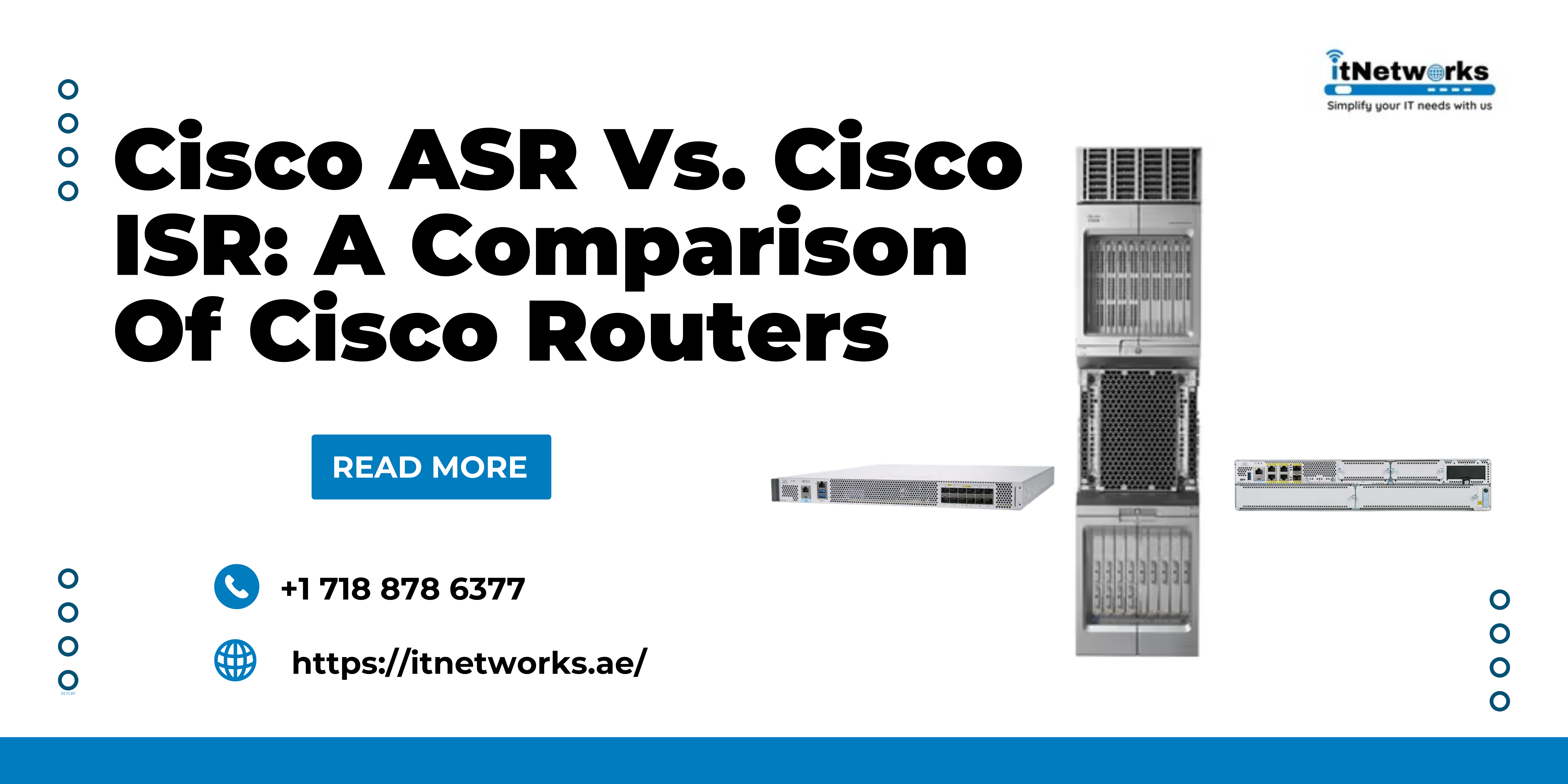Can a firewall be used as a router?
This is one very important question asked by business owners, especially when they don’t wish to invest in both a firewall and a router. They expect a firewall to do everything and eliminate the cost of a router. But, they don’t get the expected response. People are doubtful if it’s actually possible.
In this post, we will try to clear this confusion. But, before that, we will discuss what a firewall and a router are and the differences between them.
Router- As the connecting device in networking, a router is used to select the shortest route for a packet to achieve its target. The main purpose of a router is to attach different networks simultaneously.
Similar to a firewall, a router works on the network layer. But, it works on the physical layer as well as the data link layer of the Open System Interconnection (OSI) model. The difference is that a router doesn’t include encryption before routing the networks as a firewall does.
A major role of a router is that it shares the provision to share internet connection between the networks but doesn’t protect the network from threats.
Firewall- As a specified version of the router, a firewall monitors the traffic and helps block unauthorized traffic coming from the outside, trying to get into the network, while a router blindly passes traffic between two separate networks. In simple words, a firewall is referred to as a network security appliance. Wherever used, the firewall should be strong. It is located between two networks, implementing an access control policy between them.
Similar to a router, a firewall also works on a network layer of the Open System Interconnection (OSI) model. The difference is that a firewall uses encryption to encrypt the data before transmission, unlike a router.
A major role of a firewall is that it includes the protection provision to protect the network from threats but doesn’t share the network.
Differences between a firewall and a router
- A firewall checks the threat from the incoming packets, while a router connects various networks simultaneously.
- A firewall works on a network layer and transports layer of the OSI model, while a router works on the physical layer, network layer, and data link layer of the OSI model.
- A firewall uses encryption before the transmission of data, while a router doesn’t use encryption.
- A firewall cannot share a network, while a router shares an internet connection between the networks.
- A firewall may occur inside a router, while a router may not occur within a router
- A firewall filters and regulates the data, while a router manages traffic to the desired location.
- A firewall maintains a state table, giving information on the state flow, while a router doesn’t maintain any state table for the information on the flow state.
- A firewall is generally used to protect the core network of a computer, while a router is generally used in routing and ending of a WAN link.
As you can see, there are lots of differences between a firewall and a router. But, if you read about them and their differences, you will find some similarities. For example, both of them work on the Open System Interconnection model. Or, a firewall may occur inside a router. Considering these things, we can say that a firewall can be used as a router. The only difference will be its implementation for processing and functioning.
Another way to explain that a firewall can be used as a router
A router uses network address translation (NAT) to share a single IP address from the internet service provider among multiple computers. The problem occurs when the incoming traffic from the internet reaches the router. As the router doesn’t know which computer to forward the traffic to, it discards the traffic.
Here, the NAT acts as a firewall. It prevents incoming requests from reaching the computer. Also, there is an option to block specific types of outgoing traffic by changing the router’s setting but it depends on the type of the router. You can let the router forward some traffic by setting up port-forwarding or putting a computer in a demilitarized zone (DMZ). The only thing is that the computer will no longer get the benefit of the router acting as a firewall.
As there is the involvement of a firewall in the functioning of a router, it can be used in place of another. A firewall will accomplish the responsibility of a router but perform other beneficial functions as well.
Other functions of a firewall
Sitting between a network and the computer, a firewall analyzes all traffic reaching or leaving the network and decides what to do with it along with blocking the unsolicited incoming network traffic. Also, a firewall can be configured to block certain types of outgoing traffic or log suspicious traffic.
A firewall works on a variety of rules and denies certain types of traffic. For example, it allows connection to a server from a specific IP address but drops all connection requests from elsewhere for security.
Regarding the configuration of a firewall, it can be configured to allow web browsing traffic through the firewall, which blocks access to other types of applications.
A firewall comes with lots of benefits for an organization. Additionally, it saves money by acting as a router in many situations.
To know more about a firewall and a router, please contact us via WhatsApp at +971585811786





